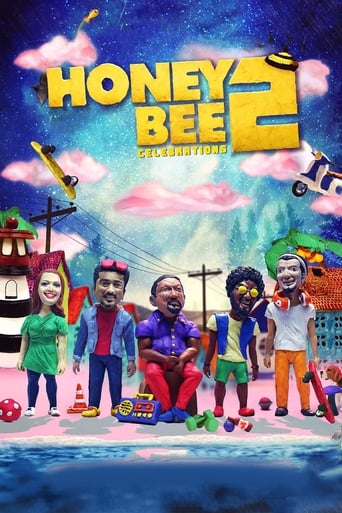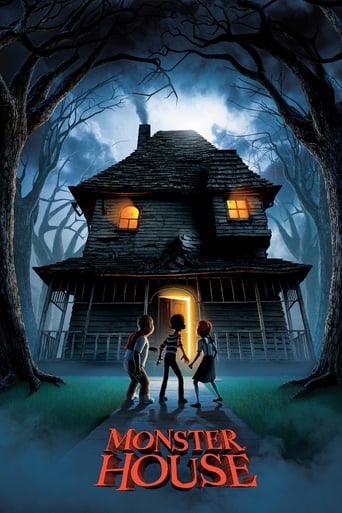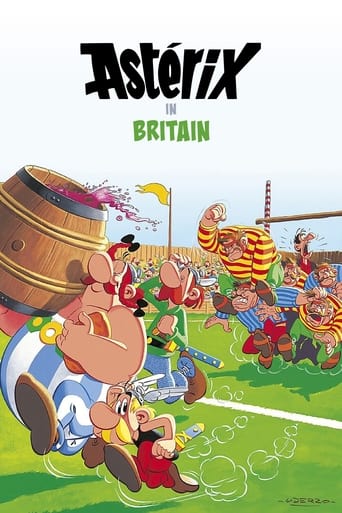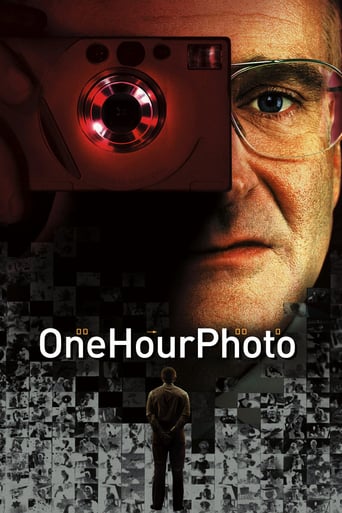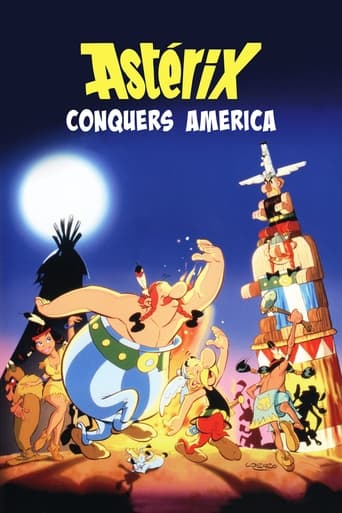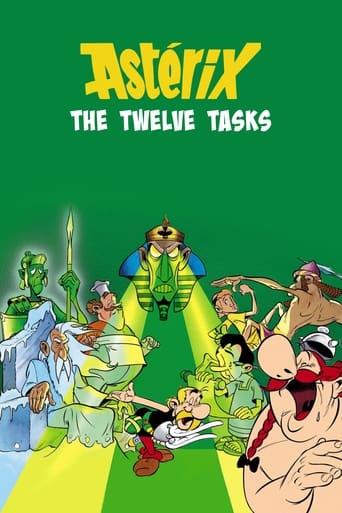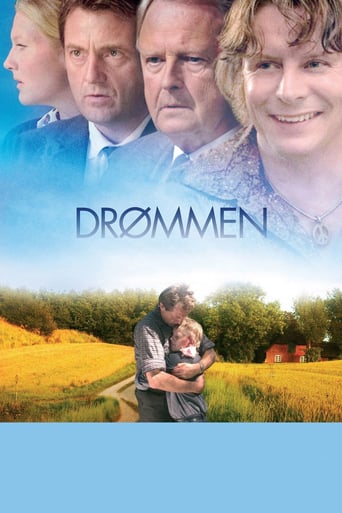

We Shall Overcome (2006)
A drama about a boy who's inspired by Dr. Martin Luther King Jr. and challenges repressive school authority in 1969 Denmark.
Watch Trailer
Cast
Similar titles

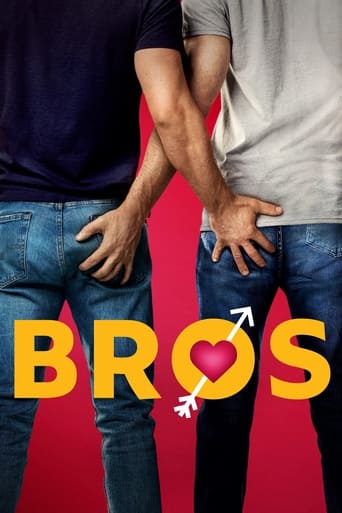


Reviews
Good concept, poorly executed.
Expected more
everything you have heard about this movie is true.
Pretty good movie overall. First half was nothing special but it got better as it went along.
The Danish film We Shall Overcome succeeded in pleasantly surprising me. Of course I was aware that it targets young children, albeit with a serious humanist overtone. However, the film delves deeper in the psychology of social relations than I expected, and will also keep adults pinned to their cinema seats. The theme, the life of a farmers boy Frits in a country village, seems worn out, and immediately reminded me of the classic Dutch films (including remakes) like "Merijntje Gijzen" or, in an urban environment, "Kees de Jongen" and "Ciske de Rat". Usually such films elaborate on the problems and threats, that face the average adolescent boy. Invariably, on the surface his family life appears happy, but drama requires that the happiness is feeble and that the parents are somewhat clumsy people. We Shall Overcome is in keeping with this stereotype, for the father finds himself in a midlife crisis, including severe depressions. At first the mother appears to be active, but she is actually bossy, and she finds fault with her spouse in a vicious way. The story hinges on the head master of the local school, called the General, who indulges in physically violent behavior (still a fairly common phenomenon in those days, the late sixties). This man drags Frits by the ear, and due to its build nearly tears it off, in such a way that It has to be sutured. We immediately recognize the situation and the ensuing dilemma, for what has to be done? What is wisdom? In the traditional film on adolescence the authority of the head master would have remained unchallenged, but remember: here the civil rights movement is at its peak. An additional complication is the class teacher of Frits, who serves his apprenticeship and adheres to New Left politics. His aim is the long march through the institutions in order to take power. On the positive side is the brightness of Frits, who has an astonishing admiration of Martin Luther King. Now watch this: the parents decide to file a formal complaint with the school board! Although they indeed have a vague notion about the social fate of "bell-ringers", they harbor the naive belief that this injustice will certainly be condemned. However, the General belongs to the local notabilities and has already been able to hush up his earlier misconducts. This places you as the observer on the edge of your seat: what will happen to this borderline family, if the General will win the dispute? Although the circumstances appear trivial, the suspense gets a nearly violent tasting. The General develops a brutal and almost fascist attitude, whereas the family slowly slides into an existential (!) despair. Eventually the chairman of the school board advises the General to deny the allegation. At the hearing two witnesses are summoned: the Generals secretary, who doesn't show up, and the apprentice teacher. The unravelling reaches a climax when the teacher pretends to have seen nothing, which is clearly a lie. The family is in shock, in particular the father, who must be admitted to a mental hospital. On reflection, the choice of the teacher is understandable: if you plan a march through the institutions, you should not become a "bell-ringer". Political engagement is different from individual engagement (and perhaps even the opposite). The true climax occurs in the classroom, where Frits keeps calling the General a liar, and thus drives him into a deadly stroke. When the school board organizes a memorial gathering, the whole group of pupils spontanously break out in cheerings of joy - like the TV pictures that we know after the toppling of a dictator. It is a brilliant albeit somewhat far-fetched scene. The final scene, which shows Frits trying to persuade his father to come home, has an open ending. I love this film. The dilemma of the family is fascinating, and they should probably have fared better with covert resistance. In fact if the Frits character would have been a grown-up, the theme would have been perfectly fitting for adults. I wonder if this film could have been made outside the Scandinavian countries.
Insisting that Martin Luther King's inspirational spirit resides not just in American civil liberties but inside the hearts and minds of people everywhere, Danish helmer Niels Arden Oplev transplants this belief to a 1969 Danish middle school. More specifically, it works its way into the crusade of a young boy named Frits (Janus Dissing Rathke) against his oppressively rigid and churlishly abusive headmaster Svendsen (Bent Mejding). Adapted from a true story, the performances are executed with certain aplomb and a refreshing command over its varied characters keeps it involving. A battle of ideologies between a 13 year-old and a demented disciplinarian gives way to inherent humour but awkward shifts in mood disorients despite keeping it shrewdly cynical in the same vein as a "Dead Poets Society" more than a "Matilda". It treads a familiar path but a continued and precise service to its young protagonist including a personal subplot that rounds off Frits as a young boy becoming a young man, manages to raise the film into a rousing family film with its nose right on the money.
A sentimental school drama set in Denmark, 1969, "We Shall Overcome" offers a pathetic Danish take on US culture. Frits (Janus Dissing Rathke), a flower-power obsessed, naive 13-year-old, exits with half his ear hanging off from brutal master Lindum-Svendsen's (Bent Mejding) office. Lindum-Svendsen, a school director, portrayed as a fascistoid tyrant, has the local community in control. Lindum-Svendsen's gone too far this time, and with his father, recovering from a mental breakdown (sure, there wasn't enough drama already..), and overly stereotyped hippie music teacher Mr Svale ('Hi, call me Freddie'), Frits stands up for justice.Tell you what. It's so unconvincing, over-(method-)acted, and so full of misery, that as a 'family' picture this grotesque -filled with cliché's- excuse for a movie fails miserably to convince non-Scandinavian audiences. Sorry, kind danish readers, to crash like this into your sentimental journeys.. But it's definitely NOT a tale about a 'boy becoming a man by fighting the system'. The boy never becomes a man, but rather remains a naive, big eyed cry-face. If you call a church of small minded small town folk, led by a dictator like cartoonish character "the system", I'm sorry if I'm missing something.If you're into family pictures, go see Happy Feet instead..
A kid with ideals who tries to change things around him. A boy who is forced to become a man, because of the system. A system who hides the truth, and who is violating the rights of existence. A boy who, inspired by Martin Luther King, stands up, and tells the truth. A family who is falling apart, and fighting against it. A movie you can't hide from. You see things, and you hear things, and you feel things, that you till the day you die will hope have never happened for real. Violence, frustration, abuse of power, parents who can't do anything, and a boy with, I am sorry, balls, a boy who will not accept things, who will not let anything happen to him, a kid with power, and a kid who acts like a pro, like he has never done anything else, he caries this movie to the end, and anyone who wants to see how abuse found place back in the 60'ies.



